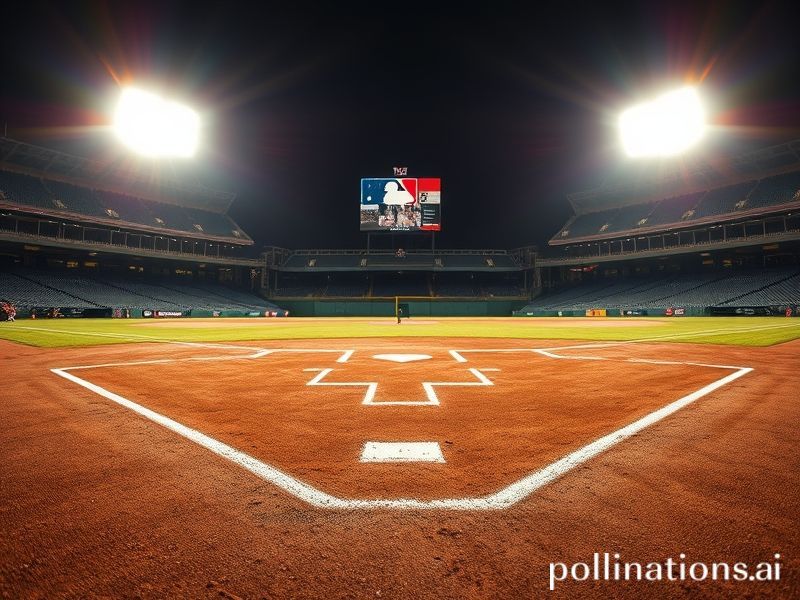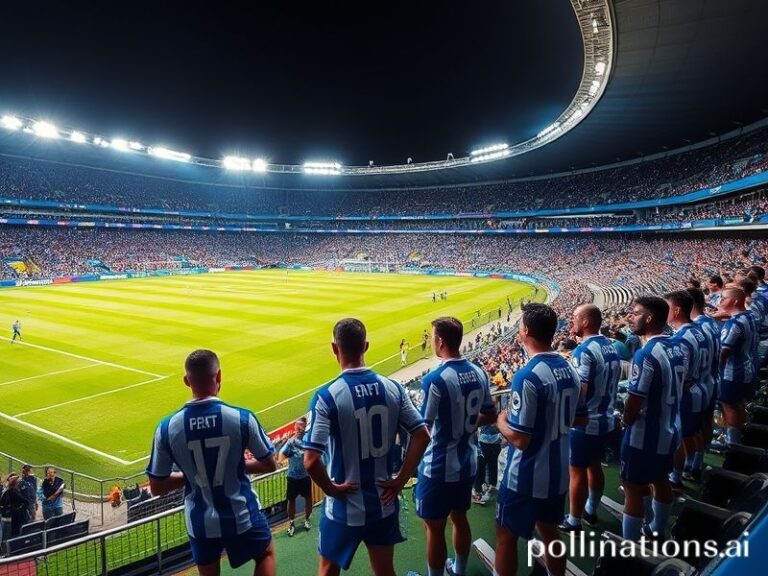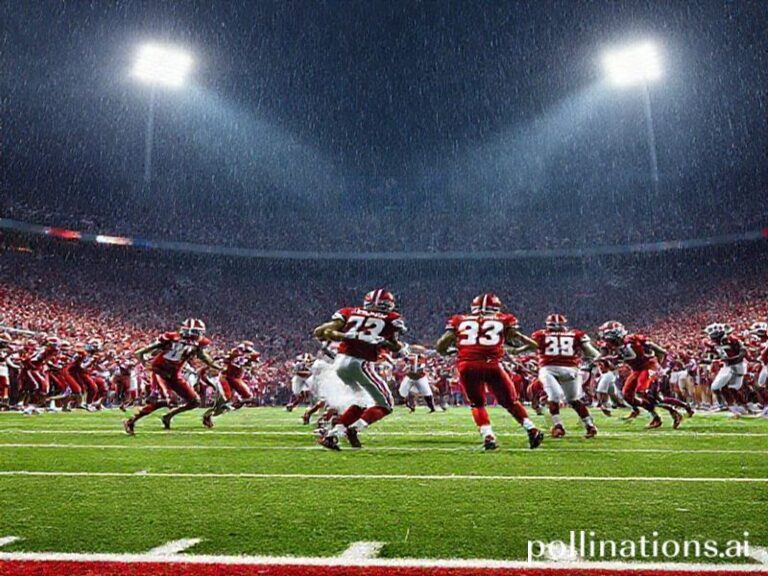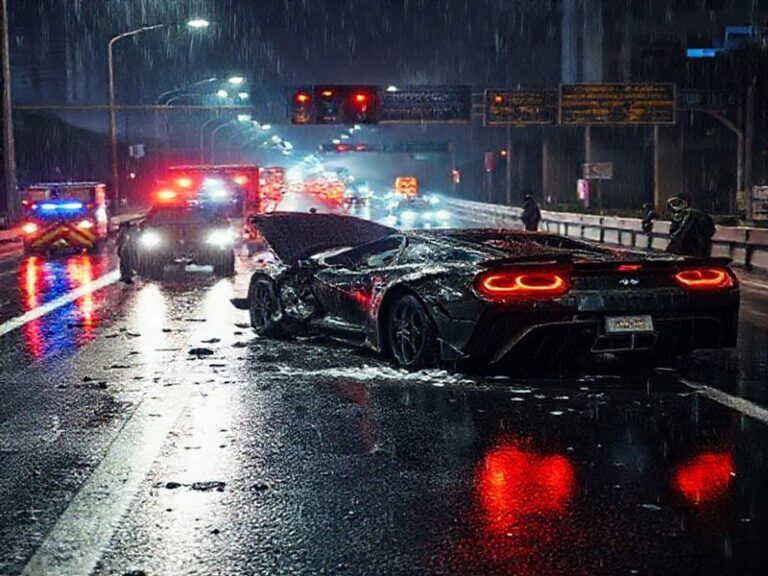Global Schadenfreude & Dollar-Dynasty Dodgers: A Worldly View of MLB’s October Circus
The American Pastime’s Autumnal Hunger Games: A Globe-Trotting Dispatch on the MLB Playoff Picture
By Our Man Who Once Saw a Cricket Match End Because Everyone Got Bored
Let us begin with the obvious: most of the planet does not, technically speaking, give a solitary damn about the Major League Baseball postseason. In Lagos traffic, the Dodgers might as well be a Nigerian indie band; in downtown Mumbai, the Braves are a minor Marvel spin-off. Yet here we are, mid-October, and a gentleman in Osaka is still refreshing his phone at 3 a.m. local time to see if Shohei Ohtani’s Angels have—spoiler alert—already been mathematically eliminated since mid-August. The global economy may wobble like a drunk tourist on a Segway, but the American ball-diamond death march lumbers on, an annual ritual as reliably absurd as COP climate summits or Elon Musk’s Twitter feed.
From Davos to Dakar, the playoff bracket is less about curveballs and more about soft-power projection. The United States exports two things with undiminished efficiency: military bases and 19-inning postseason games that end at an hour when only insomniacs and European data analysts are watching. Consider the AL East: the Baltimore Orioles—statistical darlings spawned by an algorithm that looks suspiciously like a hedge-fund prospectus—are battling the Tampa Bay Rays, a franchise that plays in a building architecturally indistinguishable from a mid-tier convention center in Frankfurt. Somewhere, a Singapore sovereign-wealth fund is taking notes on how to monetize “ballpark experience” without actually building a park, or even, if possible, the ball.
Meanwhile the National League offers its own geopolitical parable. The Los Angeles Dodgers—payroll roughly the GDP of Belize—face the existential dread of proving that money can indeed buy happiness, or at least a pennant. Their archrivals, the San Francisco Giants, have weaponized fog and artisanal kale to construct a roster that looks suspiciously like a Silicon Valley diversity slide deck. Across the Atlantic, French philosophers sip absinthe and mutter, “Quelle métaphore pour le capitalisme tardif,” before switching back to Ligue 1 highlights where the corruption is at least transparent.
For the neutrals—by which I mean everyone outside the 48 contiguous states plus that one bar in Bangkok that inexplicably shows every game—the intrigue lies in collapse. Nothing unites humanity like shared schadenfreude, and the New York Mets have generously provided a masterclass. Their August surge had pundits comparing them to the 1986 squad; their September swoon evoked 2008, 2007, and that time the Greek economy discovered spreadsheets. Somewhere in Athens, a taverna erupts in cheers when the Mets blow another save, because misery outsourced is misery halved.
Of course, we must acknowledge the geopolitical subplot: a potential Blue Jays championship parade down Yonge Street would force Toronto to confront its most harrowing civic dilemma—how to apologize politely for winning. Expect an open letter, bilingual and profusely remorseful, posted to Medium within minutes of the final out.
And then there is October’s true international wildcard: the weather. Climate change, that unwanted houseguest now squatting permanently in humanity’s spare room, has turned postseason baseball into meteorological roulette. Snow flurries in Denver? Humidity thick enough to chew in Houston? All part of the same planetary fever dream that recently delivered 40-degree heat to London in September. If the games stretch long enough, coastal ballparks may feature dugout canoes instead of Gatorade baths.
So what does the MLB playoff picture mean for the wider world? Precisely what it has always meant: a meticulously curated distraction, a nine-figure fireworks display staged while the glaciers perform their own slow-motion walk-off. Investors in Seoul track betting lines; arms-control negotiators in Geneva sneak box scores between paragraphs on MIRV limits; and somewhere in the South China Sea, a cargo captain steams westward, radio tuned to crackly AM static, hoping the signal clears before the last out. We watch, we wager, we pretend the stakes are higher than they are—because the alternative is admitting that the real playoff is planetary survival, and at the moment we’re down six runs with two outs in the ninth.
Play ball, Earthlings. The bullpen phone is ringing, and Mother Nature just got called in to close.







